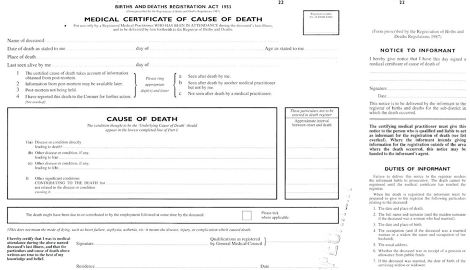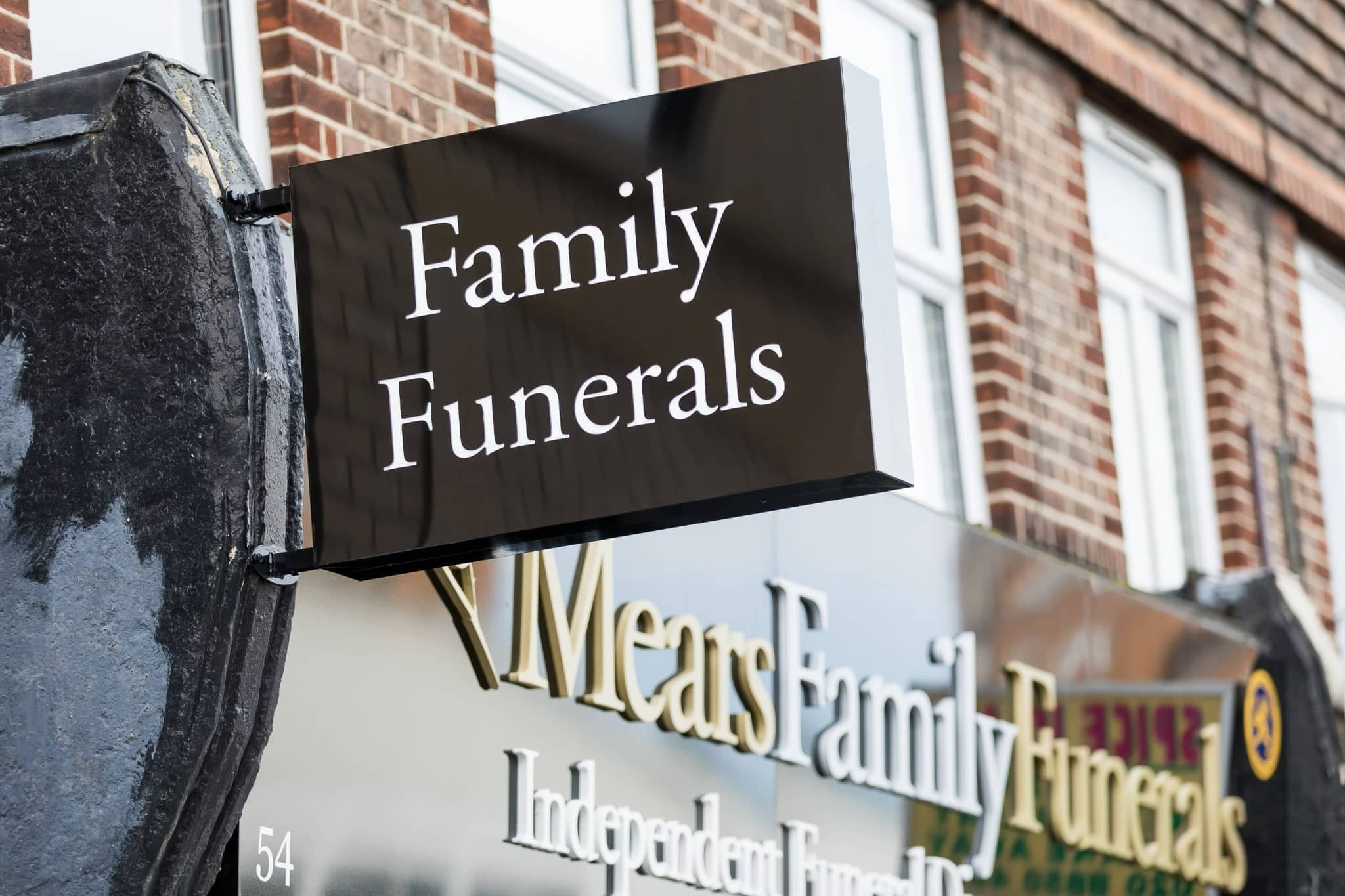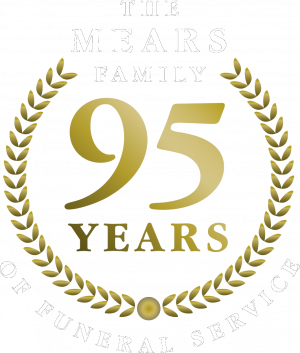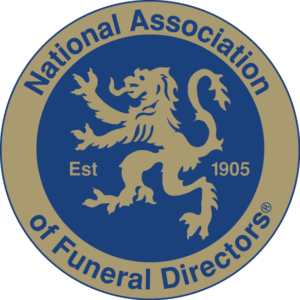When someone dies at home
When a death occurs at home, contact the deceased’s GP. They will visit and confirm that the patient has passed away and issue a Medical Certificate of Cause of Death. Once the GP has confirmed the death you can arrange for a funeral director to attend and remove the deceased to their premises.
When someone dies at a nursing home
When a death occurs at a nursing home the staff will arrange for a doctor to visit and issue a Medical Certificate of Cause of Death. Once the doctor has confirmed the death you or the nursing home can arrange for a funeral director to attend and remove the deceased to their premises.
When someone dies in hospital
When a death occurs in hospital, the doctor attending the deceased will normally issue the Medical Certificate of Cause of Death. The hospital will advise you where and when the certificate will be made available for collection. You will need to speak to the Patients’ Affairs or Bereavement Office – they will issue various documents that will assist with funeral arrangements. The funeral director will normally need to wait until you have registered the death before removing the deceased from the hospital to their premises.
Medical Certificate of Cause of Death
If the death was expected it is usual to have a doctor certify the death and issue a Medical Certificate of Cause of Death. There are several locations in which an expected death may occur, you will need to be issued with a death certificate in each case before you can register the death and begin arrangements for the funeral.
When is a death reported to the coroner?
In some circumstances the death must be reported to the coroner. This happens when:
- no doctor attended the deceased during their last illness
- although a doctor attended during the last illness, the deceased was not seen either within 14 days before death nor after death
- the cause of death appears to be unknown
- the death occurred during an operation or before recovery from the effects of an anaesthetic
- the death occurred at work or was due to industrial disease or poisoning
- the death was sudden or unexpected
- the death was unnatural
- the death was due to violence or neglect
- the death was in other suspicious circumstances
- the death occurred in prison, police custody or other state detention
Once a death has been reported to the coroner, you cannot register the death until the coroner has given permission.
For more information about the Coroner see our article entitled ‘What is the role of the Coroner?’.




